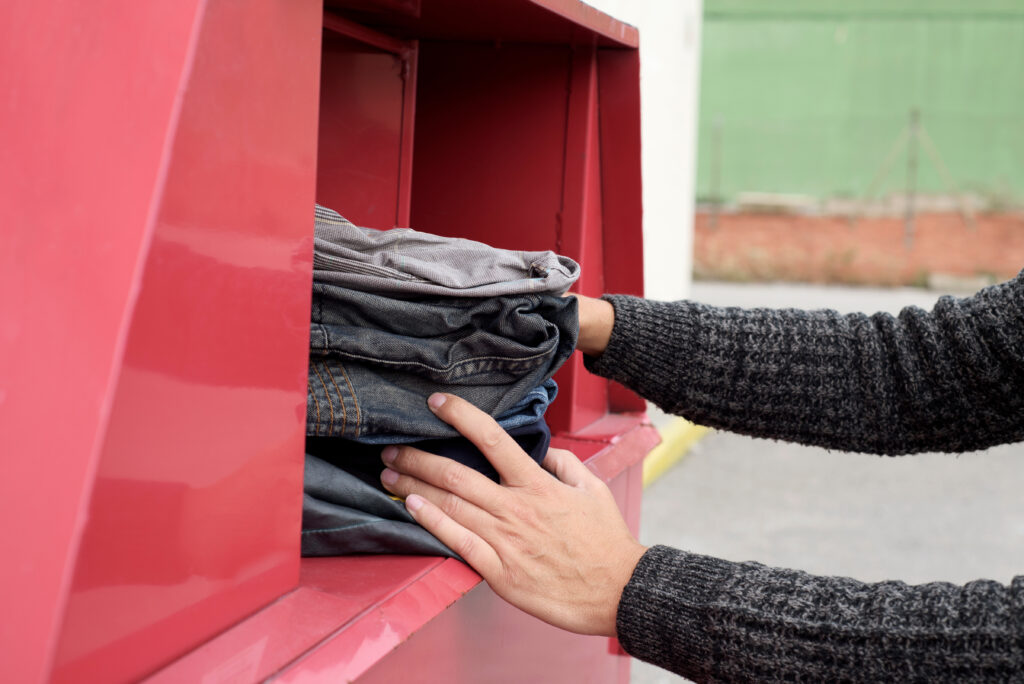The FAQs report expands on several areas of tEPR, including the role of digital product passports (DPPs) and impacts on the charitable retail sector.
The EU’s Waste Framework Directive is expected to be finalised in early 2025 and will require every EU state to establish a tEPR system.
WRAP noted that some countries, for example France, have already implemented tEPR initiatives ahead of the mandate.
Elsewhere in the world, places such as Kenya and California, have implemented their own national or regional tEPR schemes.
WRAP said that the report is designed “to support countries, businesses and professionals in navigating the complexities of EPR”. It was compiled by WRAP’s head of EPR, Jordan Girling, and can be viewed online here.
There are two questions in the report that relate directly to the implementation of a tEPR system in the UK. They are:
Is there going to be a new regulation in the UK on Textiles EPR?
Defra was expected to open a public consultation on textiles by the end of 2024, but this did not go ahead.
It is thought that the results of this consultation would form the basis for the planning of a national tEPR system in the UK.
WRAP noted: “The UK elected a new government in July 2024 and it is currently working with its newly formed Circular Economy Taskforce to develop its priorities and Circular Economy Strategy for England.”
Letsrecycle.com has heard that, while Defra is in favour of developing a tEPR system, it is unlikely to be completed in the near future and any planning is paused pending direction from the taskforce.
In the UK, will the Textiles EPR system be managed by the national government or will a producer-led Producer Responsibility Organisation (PRO) manage the system?
As a tEPR system for the UK has not yet been designed, WRAP concluded that the way the scheme will be governed is “unclear”.
The report continued: “Traditional EPR systems are managed by producer-led PROs because by design, EPR systems are producer-led systems.
“However, the UK’s new EPR system for packaging (pEPR) is managed by a Scheme Administrator which is of arms-length to the national government.”
It should be noted that the Defra has indicated that it would support the creation of a PRO for pEPR by the scheme administrator. It is expected that the scheme administrator will oversees the scheme while the PRO manages the “practical aspects”.
The report concluded: “The textiles value chain in the UK is supportive of a national Textiles EPR system and presumably will advocate for a producer-led system, but it is currently unclear whether this will be permitted.”
Read the full report here.











Subscribe for free